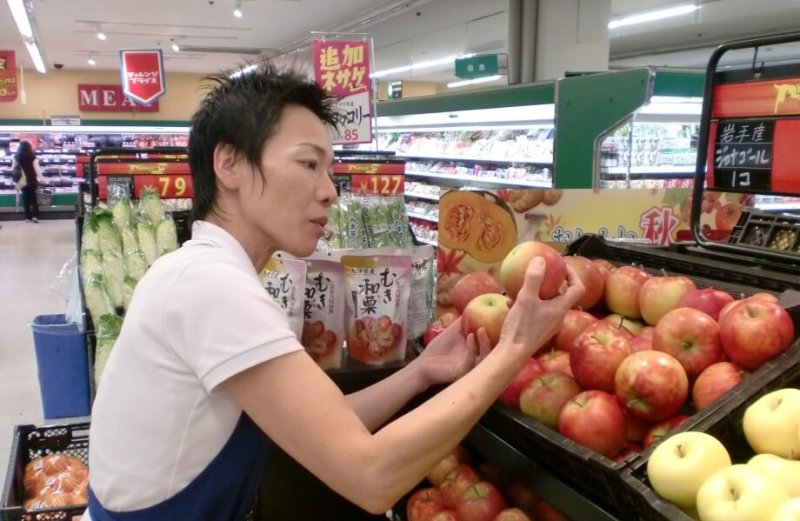Tomatoes that use technology to efficiently modify genes will be sold as the first “genome-edited food” in Japan by the end of this year. The government must not neglect its efforts to gain the understanding of consumers.
…
US and French scientists who developed genome editing technology [CRISPR] won the Nobel Prize last year. However, it is natural that some people are unfamiliar with it and are worried about its application to food.
In the future, a wide range of applications such as larger fish and pollen-free cedar are expected. The government should explain safety carefully.
Genome editing has a wide range of applications and has great potential. It is also expected that if we produce drought-resistant crops and high-yielding varieties, we will be able to respond to global warming and the food crisis.
It is important to have people understand the benefits, keeping in mind the anxiety about genome-edited foods.
Genetic modification, which appeared in the 1990s, is a technology that incorporates genes from other organisms. Many consumers did not want to eat crops using recombination technology as much as possible, and production did not progress in Japan.
[D]evelopers and producers [should] take the opportunity of selling tomatoes to find out how genome-edited foods will be accepted. Rather than aiming for hasty sales expansion, we should build up our achievements step by step.
Read the original post































